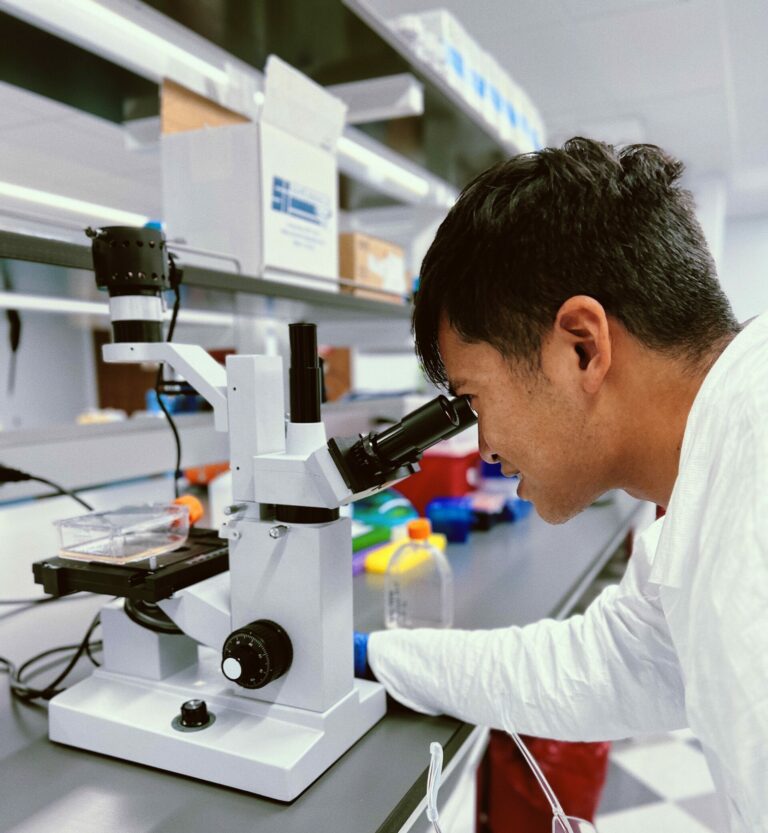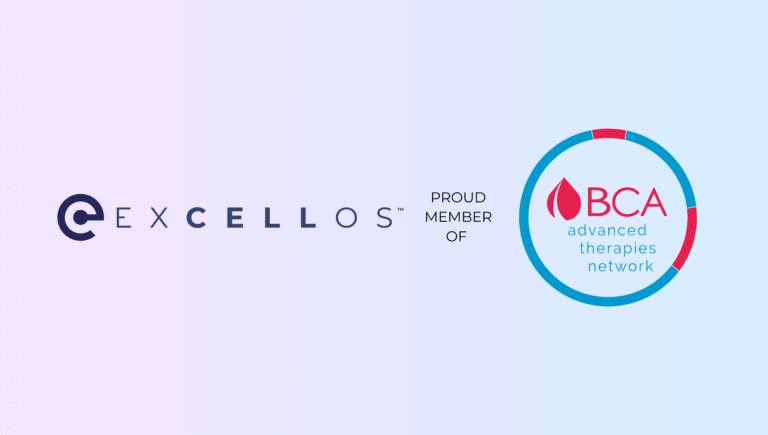Where the Cell Therapy industry is facing an ever-growing complexity in supply chain and logistics, now is the time to optimize the cell therapy supply chain to create a dependable supply of cellular therapeutics. Adam Clark, Director of Commercial Operations here at Excellos recently attended the Supply Chain & Logistics for Cell Therapies Summit in Boston. Here are few of his highlights from the conference:
Digital Systems for Effective Scheduling
Katie Hansen, Program Specialist at Seattle Children’s Hospital emphasized the need for digital systems to achieve effective scheduling and communication in the cell therapy supply chain. Recognizing that email coordination cannot scale-up and that there is currently a significant gap in SaaS solutions for businesses that are not end-to-end therapy providers, she showcased their novel approach of developing an app on the Salesforce platform that coordinates apheresis and manufacturing slots. This topic resonated with us at Excellos, as we truly understand the need to prioritize customer requests and maximize donor apheresis appointments and clean room manufacturing slots in order to ensure efficiency.
Katie Hansen, Program Specialist at Seattle Children’s Hospital emphasized the need for digital systems to achieve effective scheduling and communication in the cell therapy supply chain.
Cell Therapy Supply Chain Process Software
Suppliers of raw materials are well positioned to understand the supply chain ecosystem and really should have software solutions in place so that they can predict and solve for the variability. Understanding how to digitize your processes is going to be critical in keeping the supply chain engaged and informed, because ultimately the supply chain is only as strong as the weakest link. Weakest links are often those that are emotionally less invested such as third-party couriers involved in the “last mile”. A courier often hires a third-party contractor to handle and deliver the cellular therapeutic, but this adds risk especially because the third party may be unaware of how important it is that handling procedures are followed to the letter. Extending education and full data integration to the third-party contractors that make up many ‘last mile’ operations would help to solve this.
Fully Integrated Data
Data and the digitization of cell therapy is coming, and we need to act as early as we can. Fully integrated data will ensure there are no surprises, that you understand where it is and why it’s there and what to do if a variable comes up (instead of being reactionary). Whilst the industry may be focused on the autologous patient experience for now, we believe that many of these learnings can be applied to the donor experience in preparation of allogenic therapies taking off. After all, science (and our internal experts at Excellos) tell us it’s only a matter of time….
Learn more about the Excellos advantage, and Excellos’ state of the art processes for collection, processing, supply chain, and logistics and contact us today.

